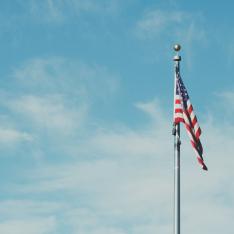Home
Practical Counsel. Unique Insight.
We don’t just flag problems. We offer solutions. That’s why we are a trusted advisor to the world’s top companies.























Welcome to the January 2025 issue of “As the (Customs and Trade) World Turns,” our monthly newsletter where we compile essential updates from the customs and trade world over the past month. We bring you the most recent and significant insights in an accessible format, concluding with our main takeaways — aka “And the Fox Says…” — on what you need to know.
We don’t just flag problems. We offer solutions. That’s why we are a trusted advisor to the world’s top companies.